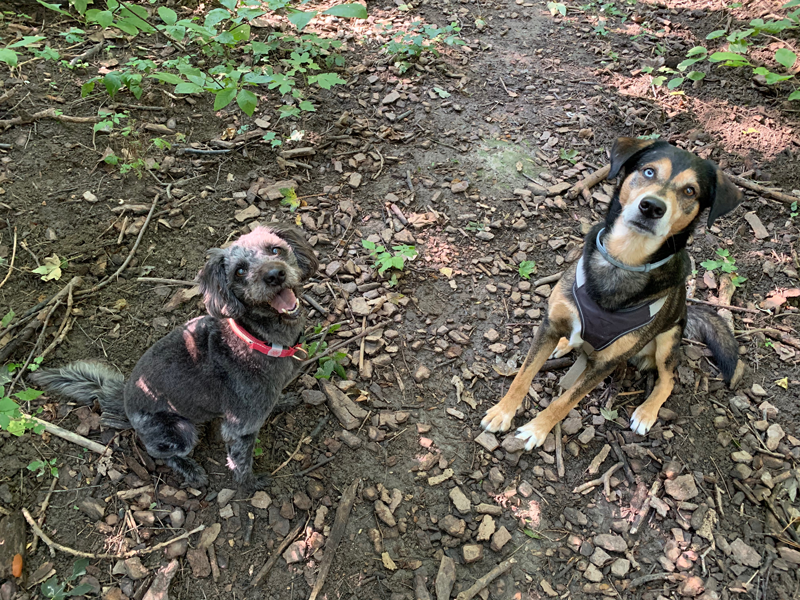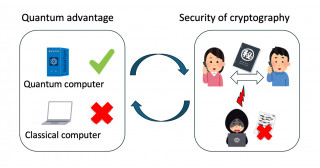Kyoto, Japan -- Many people tend to trust dogs' instincts regarding humans. If dogs gravitate towards you, dog lovers will likely see you as safe and trustworthy, but if dogs are apprehensive around you, some may begin to question your character. Yet how and even if dogs socially evaluate people remains a mystery.
Studies have demonstrated that cognitively complex and social animal species -- such as chimpanzees -- can form reputations of humans either through direct interaction or by observing third-party interactions. The historically intimate relationship dogs have with humans has also made them the focus of considerable research, but findings have proven inconsistent.
Previous research conducted at the Wolf Science Center in Austria found that pack-living dogs and wolves did not form reputations of individual humans after both direct and indirect experience with them. This nonjudgmental attitude may be due to the animals' limited experience interacting with humans, so further study required the participation of more experienced dogs.
In a new study, a research team observed 40 pet dog participants to investigate whether age and development influences how they form reputations of humans. They first arranged for the dogs to eavesdrop on another dog's interactions with two humans, one of whom was generous and fed the dog demonstrator, while the other did not feed the dog.
After observing another dog's experience, the dogs interacted with the two humans directly while the researchers analyzed their behavior, taking note of who the dogs approached first, along with behaviors like jumping up and their proximity to each person.
The results revealed that dogs across all age groups did not significantly prefer the generous person who fed the dog compared to the selfish person who refused to feed the dog. Their behavior toward the two humans did not exceed chance levels following indirect eavesdropping or direct experience with them.
"It's clear that reputation formation may be more complex than previously thought, even for animals like dogs that closely cooperate with humans," says corresponding researcher Hoi-Lam Jim, who recently joined the faculty at Kyoto University.
This study highlights the methodological challenges in accurately capturing dogs’ understanding and evaluation of humans. Since direct reputation formation is a prerequisite for eavesdropping, the researchers were not surprised to find no evidence of reputation formation, but they did not expect the lack of evidence for it after direct interaction.
"It is possible that methodological challenges in the experimental design, particularly the use of a two-choice test, may explain our negative findings, rather than an absence of capacity," says Jim.
To better understand what influences dogs' sociocognitive abilities, the research team says future research should systematically compare dogs of all ages from different populations and life experiences, expanding to include free-ranging dogs, service dogs, and police dogs.
To many of us, it seems reasonable to believe that dogs socially evaluate people, but for now we simply do not know.






